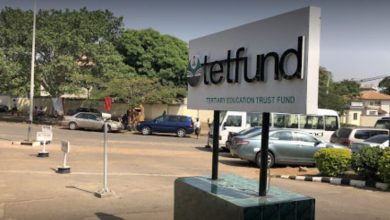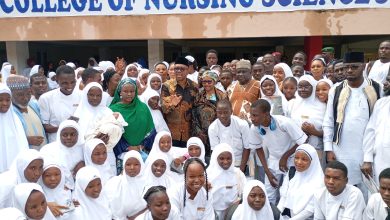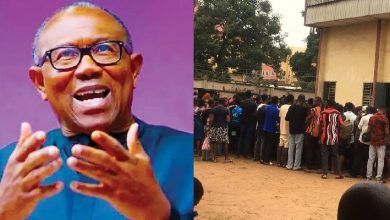WAEC Faces Backlash Over Altered 2025 WASSCE Results as Stakeholders Demand Probe
WAEC faces backlash after revising 2025 WASSCE results, nearly doubling the initial pass rate.
Stakeholders demand investigation, citing threats to Nigeria’s education credibility and urgent need for reforms.
SEE ALSO: WAEC Withdraws 2025 WASSCE Results Over Technical Glitches
The West African Examinations Council (WAEC) is under intense scrutiny after abruptly revising the 2025 West African Senior School Certificate Examination (WASSCE) results.
Education stakeholders, speaking with the News Agency of Nigeria (NAN) in Abuja, condemned the development as damaging to the credibility of Nigeria’s academic qualifications both locally and internationally. They urged the Federal Ministry of Education, the Presidency, and the National Assembly to initiate a thorough probe and consider a restructuring of WAEC’s management team.
The controversy began on July 4 when WAEC announced that only 38.32% of the 1,969,313 candidates who sat for the exam earned at least five credits, including English and mathematics. The mass failure triggered outrage from parents, teachers, and civil society groups, with some demanding the cancellation of certain papers, particularly English Language and Mathematics.
Days later, WAEC withdrew access to the results, citing the discovery of technical glitches during an internal review. On August 10, the council reopened its results portal, revising the pass rate upward to 62.96%, nearly doubling the initial figure. According to WAEC, the changes were due to “serialisation issues” affecting subjects such as mathematics, English, biology, and economics.
While the council insisted that the updated figures showing 1,239,884 candidates attaining the benchmark were accurate, the sudden shift has left many questioning the council’s credibility.
Founder of Exam Ethics Marshall International (EEMI), Ike Onyechere, described the incident as “a national disaster” and accused WAEC of “bastardising the entire education process.”
“You cannot make such a serious examination a subject of trial and error. Today the pass rate is 38 per cent, tomorrow it becomes 63 per cent. How are we supposed to trust the authenticity of these results?” Onyechere asked.
He stressed that inconsistencies in such high-stakes examinations could erode public trust and harm Nigeria’s academic reputation abroad, urging decisive action and sanctions against those responsible.



